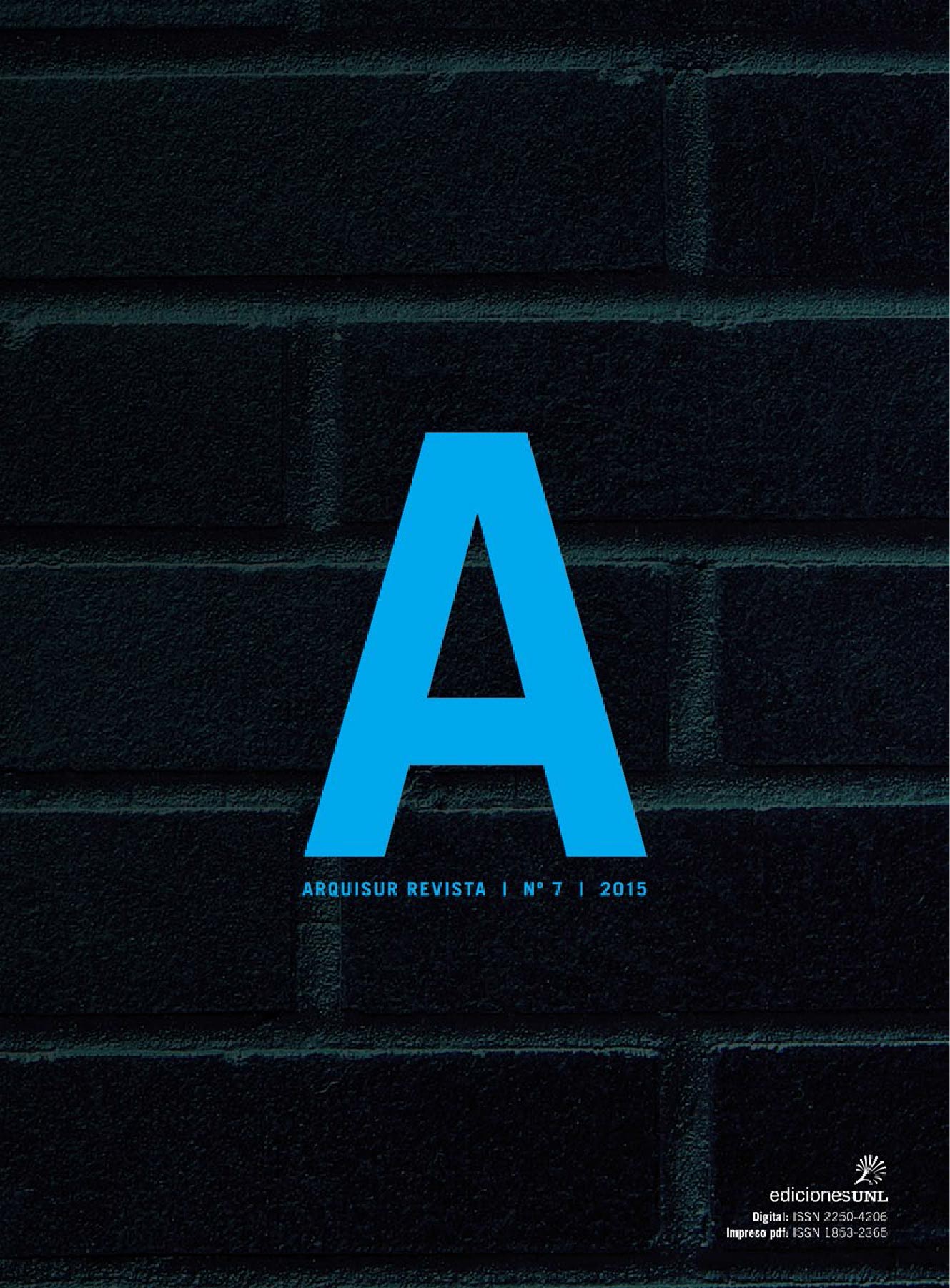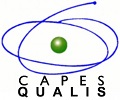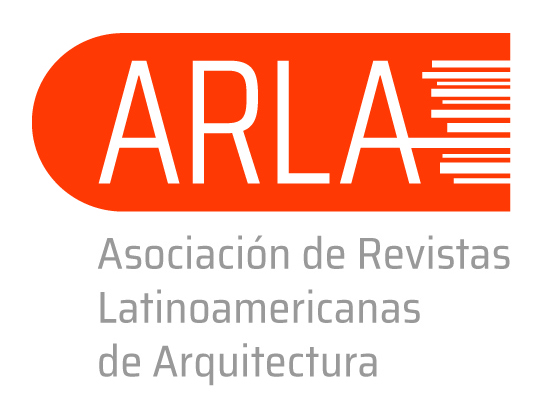The pendant innovation in the architectural professional training
DOI:
https://doi.org/10.14409/ar.v0i7.4942Keywords:
architecture; architectural teaching; professional training; innovation; environmental responsibilityAbstract
Teaching is the main intentional process through which the modern society transforms human beings into heirs of its own knowledge. This intention entails a perspective of conceiving the world and the profession lying within. Different ways of being an architect have been “assumed” and the pendant task is the de- construction to understand if they match new sceneries. As habitat builders, we do not mostly get involved in the environmental responsibility which is ours; and we have an ecological debt which is urgent to assume. The environmental degradation and the social imbalance lead us to confirm that we live in an ecological predator model.
The immeasurable global problems seem to demand sufficiently enough for the architectural trainers to re-examine their premises, further than mere academic techniques. Professional activity is complex; it poses ethical uncertainties, environmental considerations and political issues. Two not very compatible methodologies: the workshops and the theoretical classes, professionally train an architect. They should
both be reviewed in order to verify if we are training suitable professionals to approach the understanding of the complex reality we are living in. Also to deliberate about the most rational ways of intervention in it; therefore challenges such as: ecological catastrophes, urban irrationalities or urgent needs of unprotected masses must be accepted.
Published
How to Cite
Issue
Section
License
ACCESO ABIERTO
ARQUISUR Revista es una publicación de acceso abierto y sin ánimo de lucro. No se imputan cargos por la recepción, revisión, evaluación, publicación ni acceso a sus contenidos. Se distribuye bajo una Licencia Creative Commons CC Atribución-NoComercial-SinDerivadas 4.0 Internacional (CC BY-NC-ND 4.0): No se permite un uso comercial de la obra original ni la generación de obras derivadas. Esta licencia no es una licencia libre, y es la más cercana al derecho de autor tradicional.
DESCARGO
Los criterios expuestos en los artículos son de exclusiva responsabilidad de sus autores y no reflejan necesariamente la opinión del Comité Editorial ni de la Dirección Editorial Técnica. Los derechos de los artículos publicados pertenecen a sus autores o editoriales. Los autores ceden sus derechos de publicación al Centro de Ediciones de la Universidad Nacional del Litoral de Santa Fe, Argentina.














